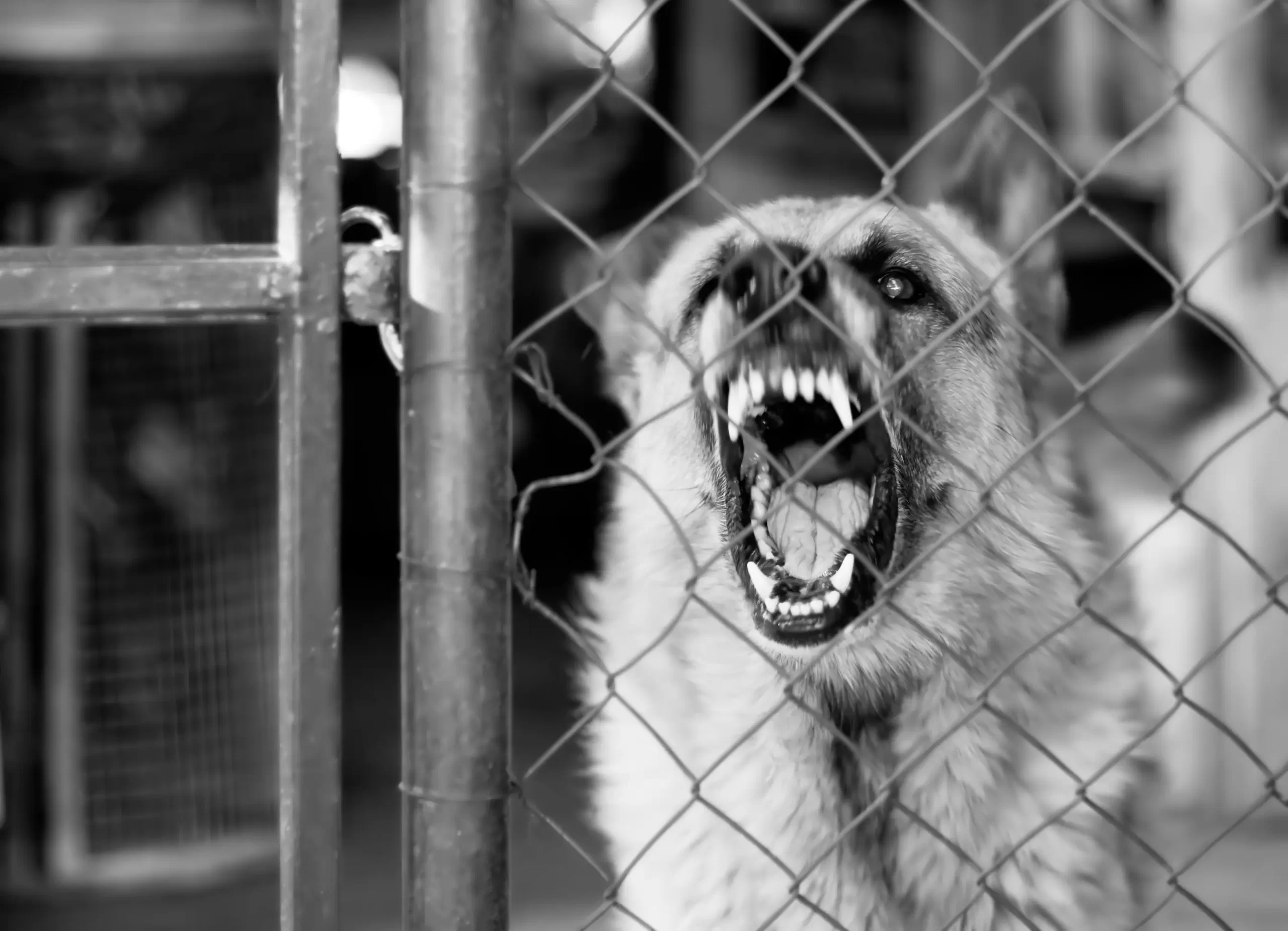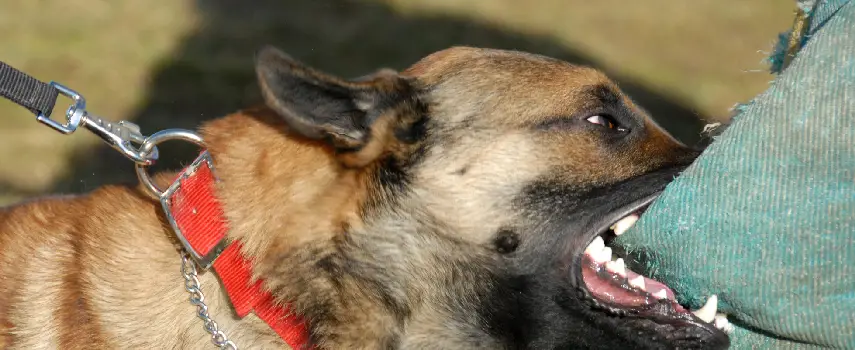Owning a dog in New York comes with many joys — companionship, loyalty, and unconditional love. But it also carries serious responsibilities, including legal liability for your pet’s behavior. One of the most significant concerns is what happens if your dog bites someone.
While many assume that the law automatically blames the dog or the owner, New York’s approach to dog bite liability is more nuanced than it might seem. Understanding the legal landscape is essential for every pet owner — both to protect others and to avoid potential legal trouble.
New York’s “Mixed” Liability Rule
Unlike some states that follow a strict liability or “one-bite” rule, New York has adopted a hybrid approach to dog bite cases. According to state law, a dog owner can be held strictly liable for a victim’s medical costs if their dog is classified as “dangerous.” However, for additional damages like pain and suffering or lost wages, the victim must prove that the owner knew — or should have known — that the dog had dangerous tendencies.
In other words, if your dog bites someone, you’re automatically on the hook for medical bills if the dog is deemed dangerous. But whether you’re responsible for further compensation depends on whether there is proof of prior aggressive behavior.
What Makes a Dog “Dangerous”?
New York Agriculture & Markets Law § 123 defines a dangerous dog as one that attacks and injures or kills a person or companion animal without justification. The law also includes dogs that exhibit behavior indicating they pose a serious and unjustified imminent threat of harm.
However, context matters. A dog that bites someone in defense of its owner, property, or itself may not be considered dangerous under the law. Similarly, bites involving trespassers or provocation can complicate liability. Courts often weigh these factors when determining whether the dog’s behavior was “unjustified.”
The Importance of Prior Knowledge
To recover non-medical damages in a dog bite case, the injured party must show that the owner had prior knowledge of the dog’s vicious propensities. This concept is often referred to as the “scienter” requirement. Evidence of prior knowledge might include:
- Previous biting or snapping incidents
- Aggressive barking or growling at strangers
- A history of lunging or chasing people or animals
- The dog being kept on a heavy chain or warning signs posted by the owner
New York courts have held that even seemingly minor or ambiguous behaviors can support a finding of vicious propensities — but only if the behavior indicated a likelihood to cause harm. Owners are expected to take reasonable steps to prevent foreseeable risks if they know (or should know) their dog could be dangerous.
Defenses and Exceptions
There are some legal defenses available to dog owners in bite cases. If the injured person provoked the dog — by hitting, teasing, or abusing it — the court may reduce or even eliminate the owner’s liability. Similarly, if the dog was reacting to protect its owner or property, this could also serve as a defense.
Another key exception involves trespassing. If someone enters your property unlawfully and your dog bites them, your liability may be significantly reduced or eliminated altogether. However, this defense typically only applies to adults — New York law is more protective of children, who may not fully understand the risks of trespassing.
Criminal Penalties and Dangerous Dog Proceedings

In severe cases, owners may face more than civil liability. If a dog causes serious injury or death and is found to be dangerous, the owner could face criminal charges. The court may also order the dog to be confined, muzzled, or even euthanized in extreme situations. New York allows anyone — a victim, neighbor, or animal control officer — to file a “dangerous dog complaint” with a local court.
A judge can then hold a hearing to determine the dog’s status and whether any restrictions or penalties are appropriate. This process is independent of any civil lawsuit and can have serious consequences for the dog and its owner.
How Pet Owners Can Protect Themselves
The best defense against liability is prevention. Responsible dog ownership includes:
- Socializing and training your dog from an early age
- Keeping your dog leashed or confined, especially in public or around strangers
- Observing warning signs of anxiety or aggression and responding appropriately
- Disclosing any history of aggression to visitors, sitters, or neighbors
- Purchasing homeowners or renters insurance that covers dog bite liability
It’s also wise to document your dog’s behavior and training, especially if you know your dog has quirks or triggers. In the event of an incident, your records can help demonstrate that you took reasonable precautions to prevent harm.
Conclusion
Dog bites can have serious emotional, physical, and financial consequences — for both the victim and the pet owner. New York’s laws strike a balance between protecting the public and recognizing that not every dog is inherently dangerous. As a dog owner, understanding your responsibilities and legal exposure is critical. By staying informed and acting responsibly, you can help ensure that your pet remains a source of joy — not liability. If you or a loved one has been the victim of a dog bite, it would be in your best interest to contact a top New York dog bite lawyer to answer your questions and get you the help you need.


